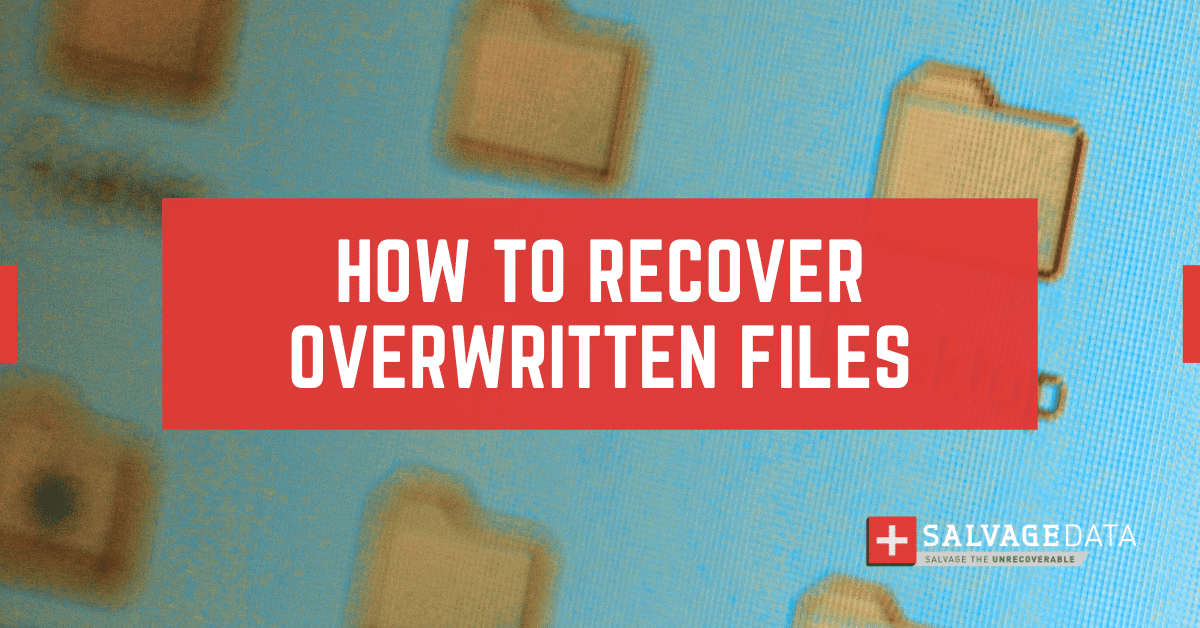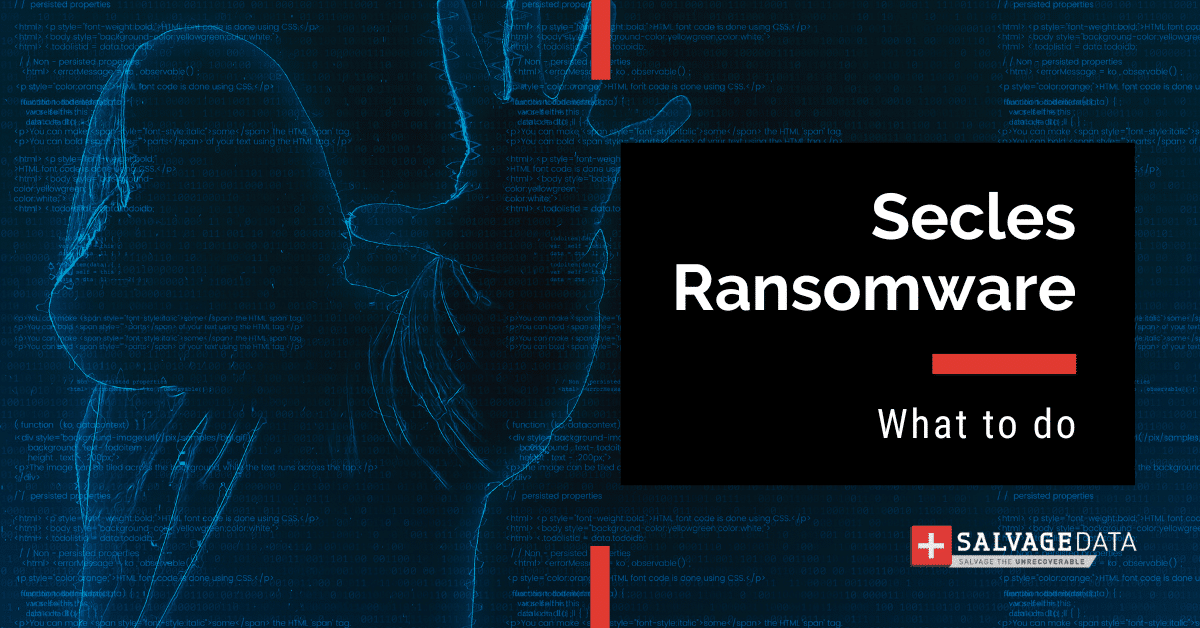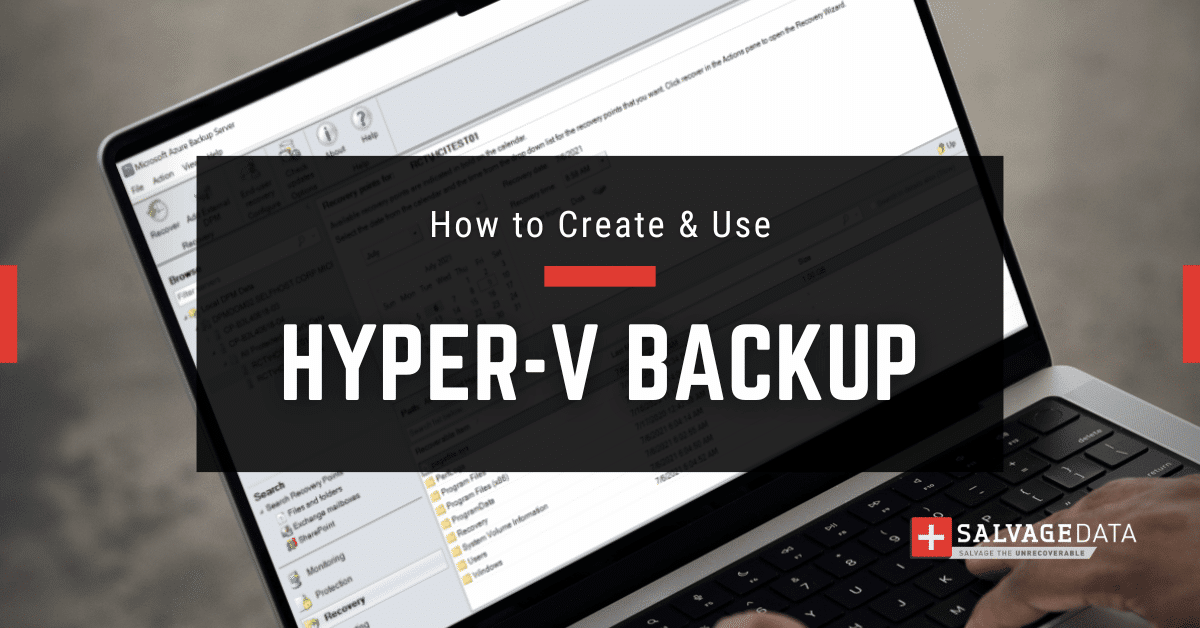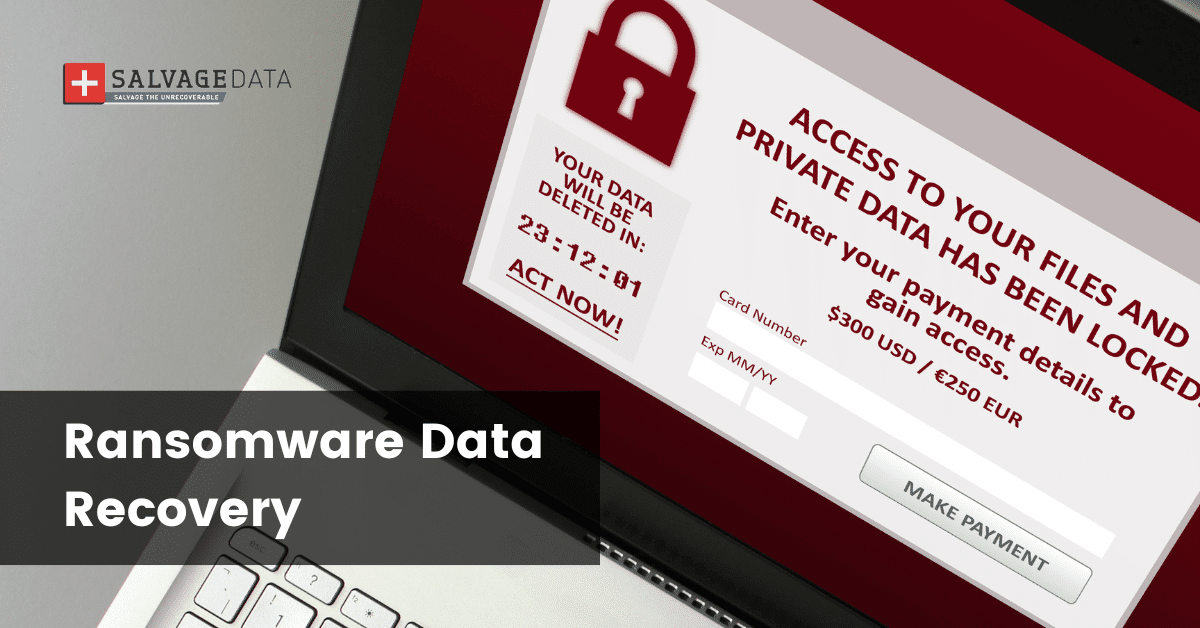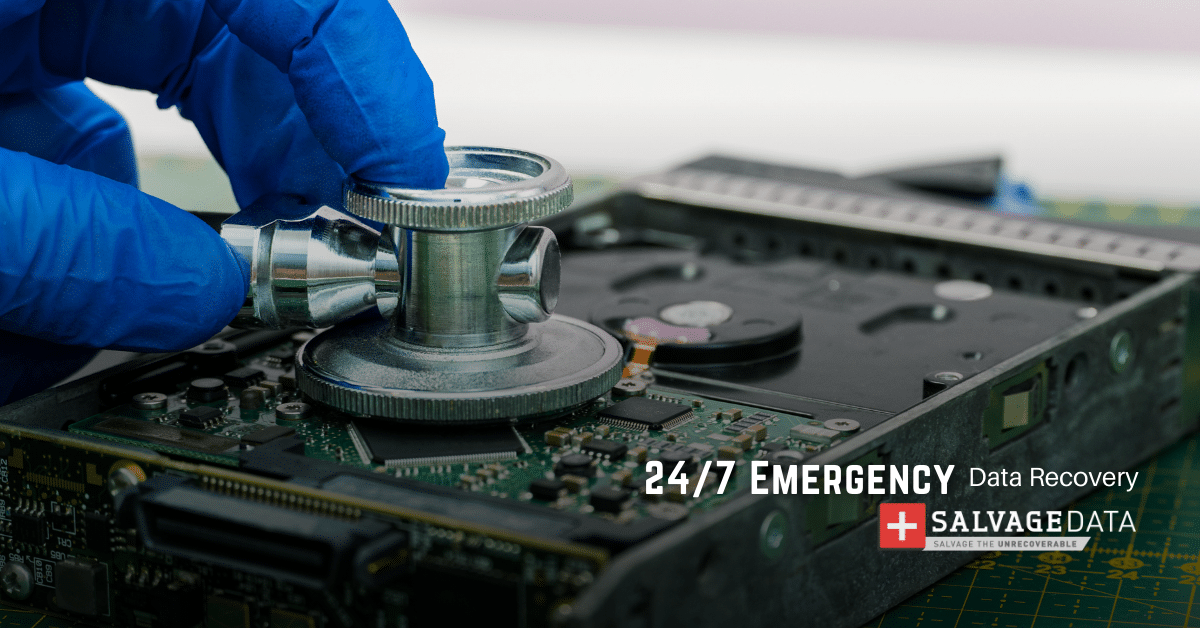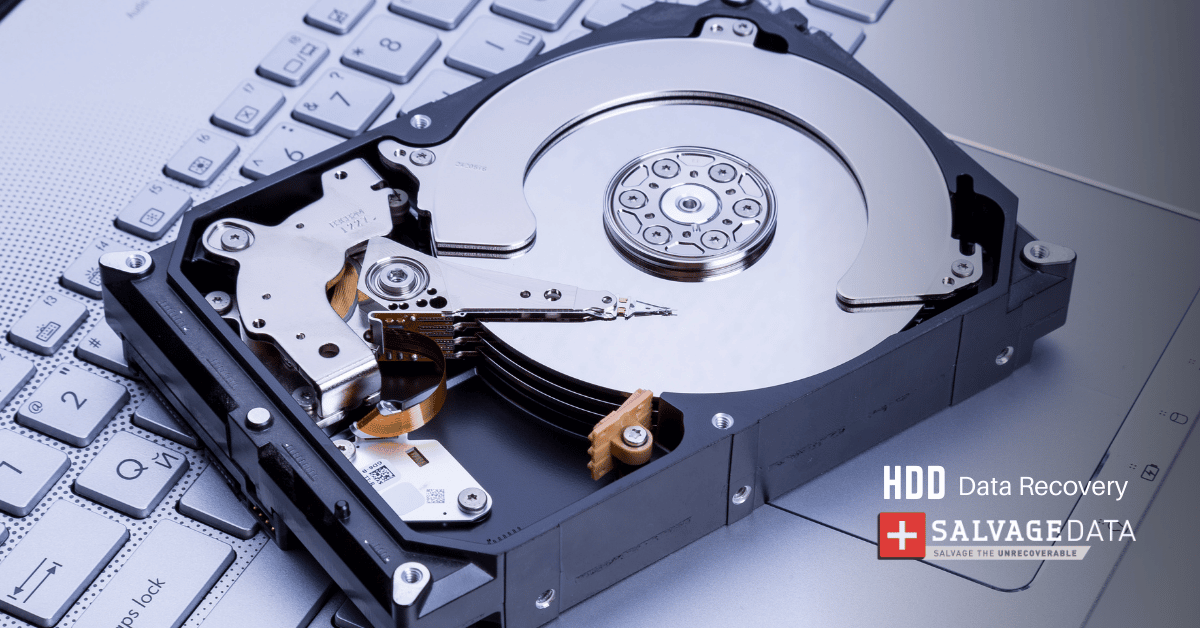Recent Articles
How To Recover Overwritten Files
The Snowflake Data Breach: A Comprehensive Overview
Mac Not Recognizing External Hard Drive: Quick Fix Solutions
How Multi-Cloud Backup Solutions Can Prevent Data Disasters
Capibara Ransomware: What is it & How to Remove
What Should a Company Do After a Data Breach: The Ticketmaster Incident
Secles Ransomware: Removal Guide
What To Do When Your Chromebook Freezes
How to Create Hyper-V Backup
What Is The Best Data Recovery Software For PC

I think there's an issue with my storage device, but I'm not sure Start a free evaluation →
I need help getting my data back right now Call now (800) 972-3282
VxLock is malicious software that can encrypt your files and demand a ransom for the decryption key. This type of malware is also known as a crypto-virus or crypto-Trojan. The ransomware is designed to extort money from victims by threatening to delete or publish their personal data unless a ransom is paid. VxLock may be spread through phishing emails, malicious websites, or malvertising campaigns. Once VxLock Ransomware is installed on a victim’s computer, it will scan the hard drive for certain file types to encrypt. VxLock Ransomware will then display a ransom note informing the victim that their files have been encrypted and demanding a payment in Bitcoin to decrypt the files. This malware may delete backups and shadow copies of files, making it more difficult to recover data without paying the ransom. VxLock Ransomware should not be confused with the legitimate software VxLock.
History
It was first discovered by malware researcher Michael Gillespie on May 11, 2019. This ransomware is a variant of the Locky Ransomware, which has been active since February 2016. VxLock shares much of the same code as Locky, but with a few key differences. VxLock uses the .vlock extension for encrypted files, while Locky uses the .locky extension. Also, VxLock uses a different ransom note than Locky.
How to avoid VxLock Ransomware?
There are several things you can do to avoid it and other types of malware:
- Keep your operating system and software up to date with the latest security patches.
- Use a reputable antivirus program and keep it up to date.
- Avoid clicking on links or opening attachments in email messages from unknown senders.
- Avoid downloading files from untrustworthy websites.
- Be cautious when downloading free programs and apps. Make sure to read the end user license agreement (EULA) before installing any software. Someone may bundle VxLock Ransomware with other malicious software in these types of downloads.
How much does it cost?
The VxLock Ransomware ransom note states that the victim must pay 0.5 Bitcoin (approximately $2,600 at the time of this writing) to decrypt the files. VxLock Ransomware may delete backups and shadow copies of files, making it more difficult to recover data without paying the ransom.
What to do if you are infected with VxLock Ransomware?
If you think it infected your computer, do not pay the ransom, as this does not guarantee that you will get your data back. There is also the possibility that attackers could target you again in the future.
How to remove VxLock Ransomware?
If it infected you, you can use a reputable malware removal program to remove it from your computer.
After that, try to restore your files from a backup if you have one. If you don’t have a backup, you may be able to use file recovery software to recover some of your data. VxLock Ransomware deletes shadow copies of files, so this may not be an option.
Anyway, SalvageData data recovery software is one of the most trusted and popular data recovery software among users. Try the free trial version of the software to see if it can help you recover your data.
You can also try using a decryption tool if one is available for VxLock Ransomware.
So, is there a public decryption tool?
No, there is no public decryption tool for VxLock Ransomware at this time. However, researchers may be able to develop one in the future.
Note: There are many fake versions of this decrypter circulating on the internet. Make sure you download it from a reputable source.
The best thing to do is to contact a professional data recovery company like SalvageData. Our company has a 96% success rate in recovering data from VxLock Ransomware and other types of ransomware.
We offer a free consultation to discuss your case and see if our services are right for you. Call us toll-free at 1-800-972-3282 or fill out our online form to schedule a consultation.
We understand how important your data is to you, and we will do everything we can to help you get it back.

